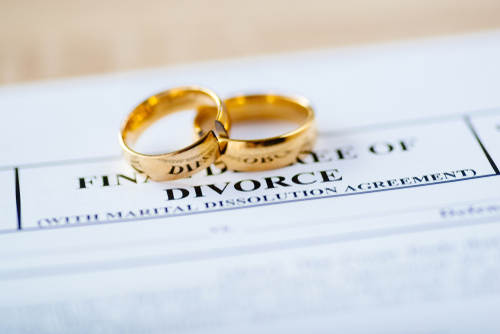A Florida Circuit Court order required one party in a divorce to pay the other s attorney s fees and further ruled that the fee award was not dischargeable in bankruptcy In a recent ruling the Third District Court of Appeals reversed that lower court decision stating that the law does not allow a state court to decide the federal issue of discharge prior to the filing of any bankruptcy proceeding The court explained that the problem with the state court s judgment is that it reached an issue of federal law that is not yet ripe for consideration A state court is free to place language in a judgment to memorialize factual determinations or legal rulings on questions of state law that may later assist a bankruptcy court in deciding as a matter of federal law the dischargeability of obligations created by the judgment









